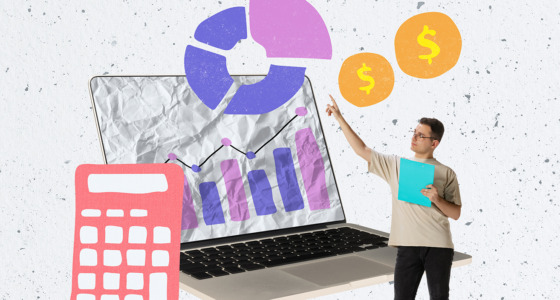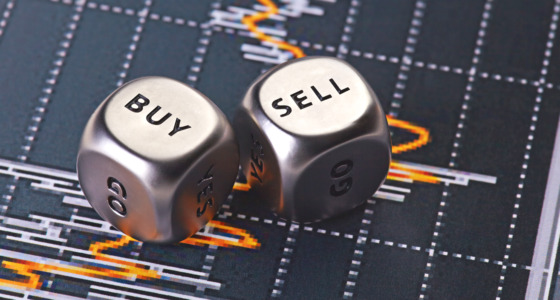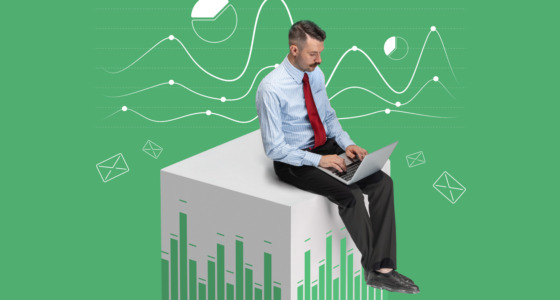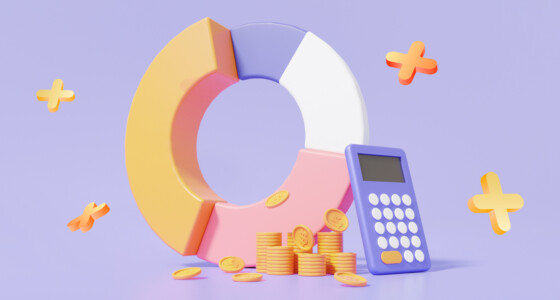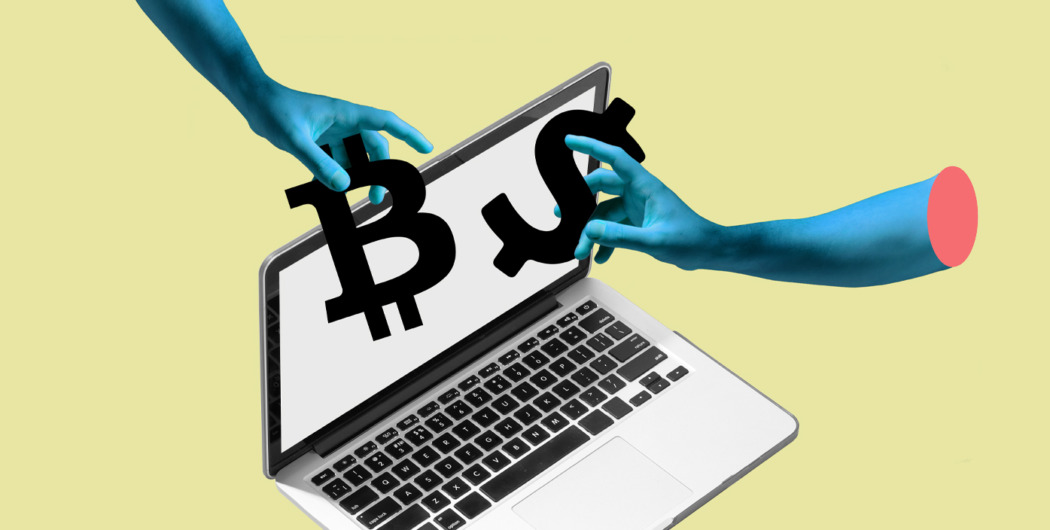

Online trading is rapidly growing in popularity—and why not when you can now trade even from the comfort of your own home? Perhaps this is something you have considered but until now haven’t been sure where to begin.
Just how big is the hype around trading from home? Since the start of the COVID-19 pandemic, it has only grown in popularity. During lockdown, India saw roughly 1.2 million accounts open for its Central Depository Services over March and April 2020.
Before you jump aboard the hype train, however, you should learn a little about the steps involved in starting online trading from home. This article will walk you through it.
1. Organize your working place
You will need a good computer and an ergonomic workstation. If you only plan to dabble in online trading as a hobby, then you don’t need to worry so much about having a dedicated space for it. These days, you can trade on the go using your laptop or smartphone.
2. Find a broker or trading platform
Once you’ve decided what your trading goals are, you’ll want to find a broker or a trading platform.. When looking for one, make sure to check out the customer reviews. That way, you can get a good idea of the sort of service you can expect.
Broadly speaking, brokers can be divided into full-service brokers and discount brokers. Full-service brokers include a consultancy service. Discount brokers don’t; however, they do still offer advice and information and are cheaper as well. Please note that you also can use online trading platforms and brokers are not necessarily needed.
3. Open demo accounts and real accounts
Once you’ve found a suitable broker or a trading platform and they’ve accepted your application, it’s time to open your accounts. If available with your company, you should open a demo account alongside your real account. Demo accounts are useful because they give you the opportunity to practice trading without risking real funds. You’re able to get used to the trading software and can begin to get a sense of how the market works.
As tempting as it might be to jump straight into trading with your real account, resist that impulse for now! It’s important that you get used to your trading software before you get into the real thing.
To open a real trading account, find and select this option on your brokerage or trading platform site. Make sure you choose a type of account that works well for you.

4. Practice on your demo account
Once your demo account is open, it’s time to start practicing. Think of it like jumping into the deep end of a pool without learning the basics of swimming.
But what exactly should you practice using your demo account? Here is a short list to get you started:
- Trading strategies. It’s important to figure out a trading strategy that works for you. It may not guarantee good results 100% of the time, but having a reliable strategy that you know well can make all the difference. There are a whole host of trading strategies out there—trend trading, breakout trading, reversal trading, etc. Research them all thoroughly, practice them, and see what works for you.
- Identifying market indicators. Again, being able to read market indicators doesn’t necessarily guarantee your success. However, it gives you an advantage when trading, as it can give you a rough idea of what to expect. Indicators are technical analysis tools that help forecast future market trends based on previous price performance.
- Spotting market patterns. Being able to spot patterns in the market could also give you an advantage in trading. Learn how to read charts, and learn about the different patterns you can identify on them: triangles, pennants, cup and handle, and so on. If you familiarize yourself with these patterns, you can find it easier to forecast when the market is going to reverse or continue.
Make sure that you pair your practice with a good amount of research, and don’t be afraid to reach out to other traders for tips and advice.
Also, keep in mind that, as useful as practicing with a demo account is, it doesn’t entirely prepare you for the real thing. A demo account is a simulation, without the emotional investment and inevitable hiccups of real trading.
5. Deposit funds and start trading
Once you’ve set up your account and have practiced trading on your demo account, it’s time to deposit funds and start trading! Here are some useful bits of information for you to know before you get started.
Brokers always determine the minimum funds you have to deposit in your account to start trading. When choosing your account, you should take this into account and compare minimum deposits between brokers. Consider your available funds and risk tolerance when you’re trying to determine how large of a deposit you are able to place.
Another thing to keep in mind when you’re getting started is that potential rewards should always be higher than potential losses. This is especially important when you’re just getting started trading and you only have a small amount of capital to invest.
Conclusion
Online trading from home certainly has its appeal. But before you dive straight in, think long and hard about what exactly you want to get out of the experience. Once you’ve arrived at a decision, carefully weigh your broker or trading platform options, and make sure that you practice with your demo account before trading for real.
This article has talked you through some of the essentials of starting trading from home, but make sure that you do your own research before starting. Good luck!



